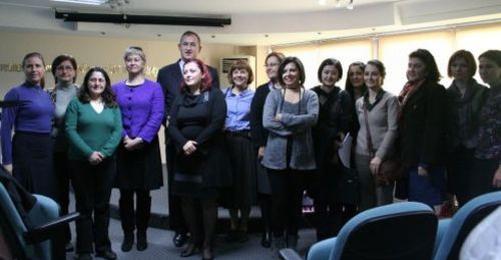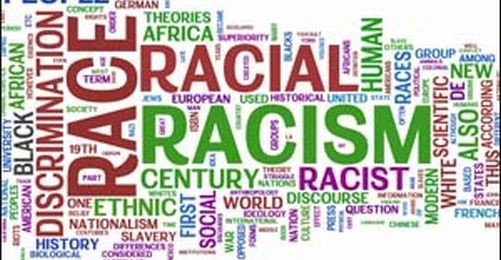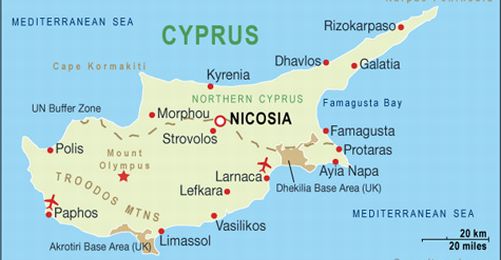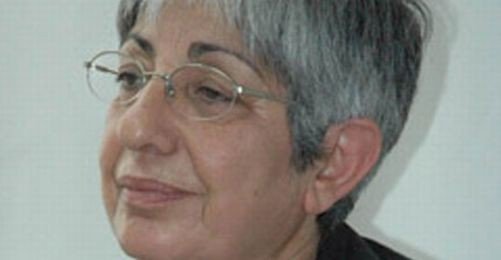Mothertongue a Right not a Threat
Ground Forces Commander General Ilker Basbug has asserted that the right to mothertongue education would threaten the nation state.
This is not the first time the General Staff has interfered in this issue. In 2004, following a complaint by the army, the Ankara Governor's Office filed a suit to close the Trade Union for Education and Science Employers (Egitim-Sen) because it supported mothertongue education in its statute. The case was only closed when the trade union changed its statute.
Languages become extinct, children perform less well academically
According to experts, there are two problems when children are forced to use the dominant language of the country:
- Everyone has the right to love and develop their language and culture, and states have the responsibility to protect this right. According to research data, children are exposed intensely to the dominant language at an early age so that they forget their own language and become monolingual individuals. The language is thus not handed on to the next generation and a culture dies out. UNESCO, the UN Organisation for Education, Science and Culture, has announced that around half of the 6,000 languages spoken around the world are threatened by extinction. 96 percent of these languages are spoken by only 4 percent of the world population. UNESCO supports language proficiency at at least three levels: in the mothertongue, in the national language and in a language of communication.
- Today individuals are forced to use more than one language. However, if there is no early education in a child's mothertongue, this child will have difficulties in learning other languages and is likely to be less successful at school. International research shows that mothertongue education plays a positive role both in identity formation and in academic success. A UNESCO newsletter of 2003, published on its website, speaks of these positive effects.
Turkey has signed the UN Convention on the Rights of the Child, but only after Articles 17, 29 and 30 were taken out.
Parts of these articles read as follows:
Article 17: "States Parties recognize the important function performed by the mass media and shall ensure that the child has access to information and material from a diversity of national and international sources, especially those aimed at the promotion of his or her social, spiritual and moral well-being and physical and mental health. To this end, States Parties shall:
[...]
(d) Encourage the mass media to have particular regard to the linguistic needs of the child who belongs to a minority group or who is indigenous; "
Article 29: "1. States Parties agree that the education of the child shall be directed to:
[...]
(c) The development of respect for the child's parents, his or her own cultural identity, language and values, for the national values of the country in which the child is living, the country from which he or she may originate, and for civilizations different from his or her own;
(d) The preparation of the child for responsible life in a free society, in the spirit of understanding, peace, tolerance, equality of sexes, and friendship among all peoples, ethnic, national and religious groups and persons of indigenous origin; "
[...]
Article 30: "In those States in which ethnic, religious or linguistic minorities or persons of indigenous origin exist, a child belonging to such a minority or who is indigenous shall not be denied the right, in community with other members of his or her group, to enjoy his or her own culture, to profess and practise his or her own religion, or to use his or her own language."
Kaboglu: Minority status must be acknowledged first
In many countries, children make use of the rights which General Basbug opposes. For instance, in Germany, or since 1998 in France, minority schools can educate children in their own language. What Prof. Ibrahim Kaboglu said six years ago, is still valid today: "For minorities in Turkey to make use of rights, the state must first of all recognise minority identities." (EÜ/NZ/AG)
SOCIAL GENDER EQUALITY
Women and Journalists Hand in Hand against Violence

EUROPEAN COMMISSION AGAINST RACISM AND INTOLERANCE
Discrimination and Racism in Turkey Fuel Concern

Unionists in Northern Cyprus Protest PM Erdoğan

Policeman who Beat Juvenile Claimed Self-Protection

HRANT DINK MURDER
Court fully Protects Istanbul Police








